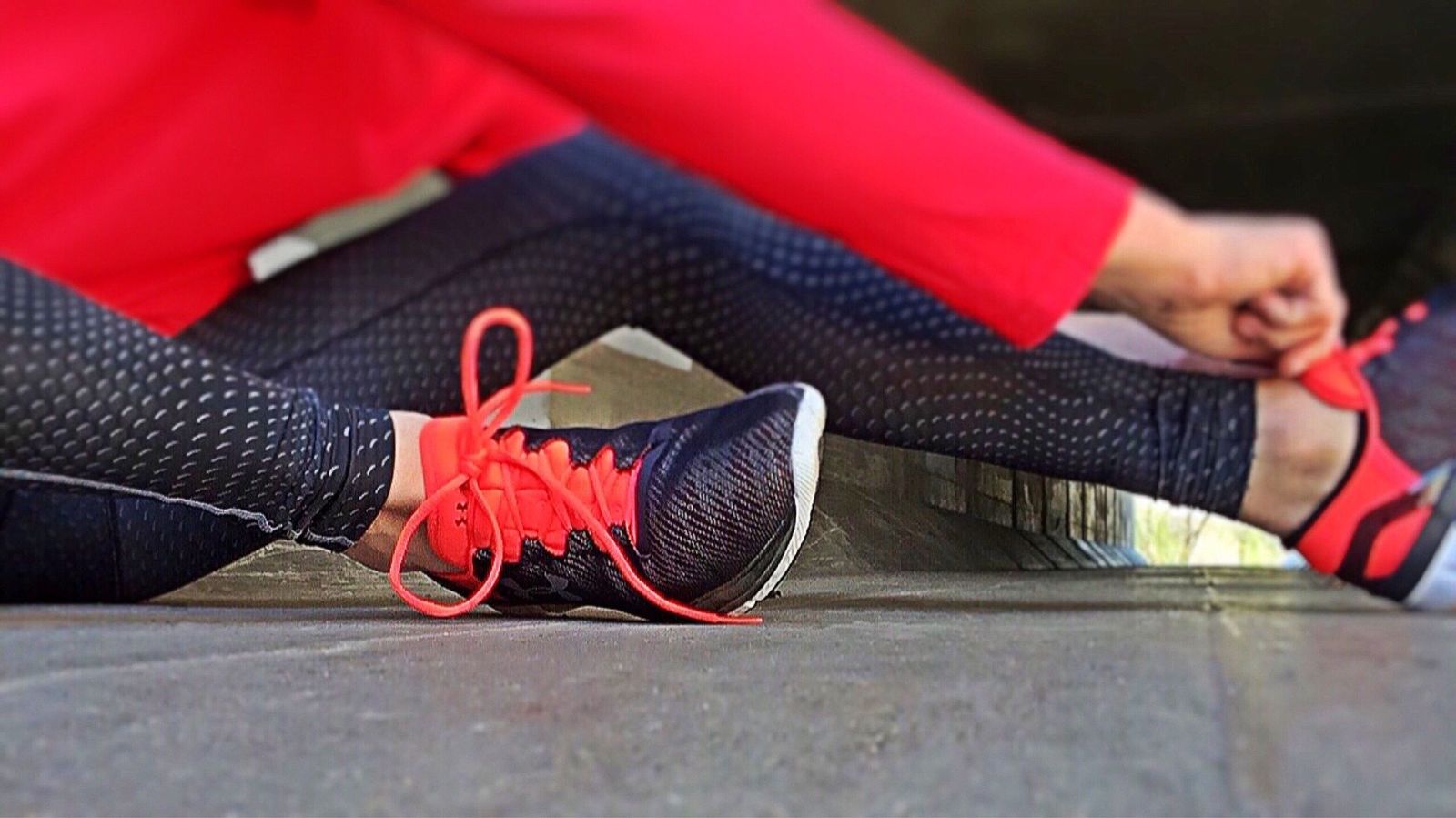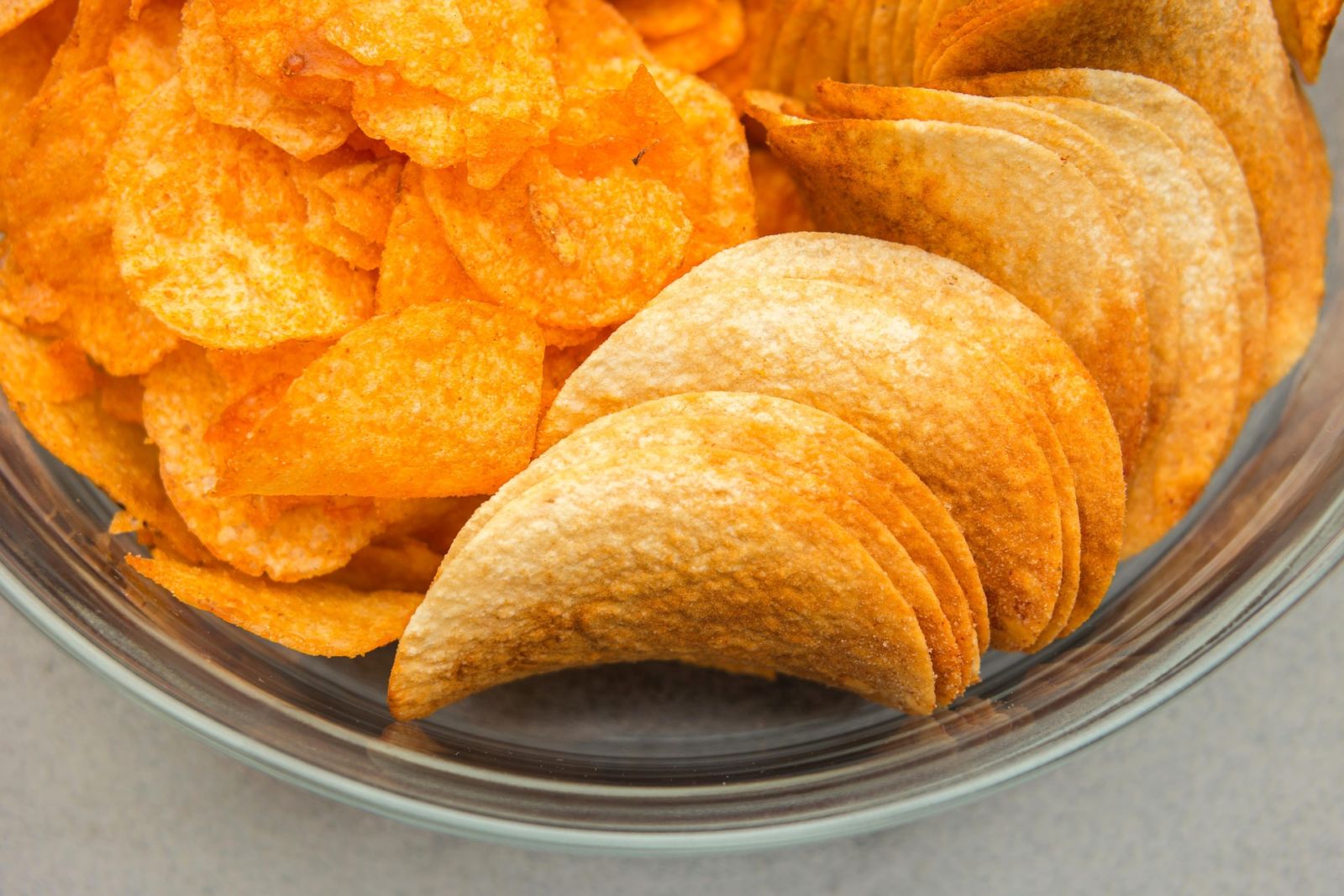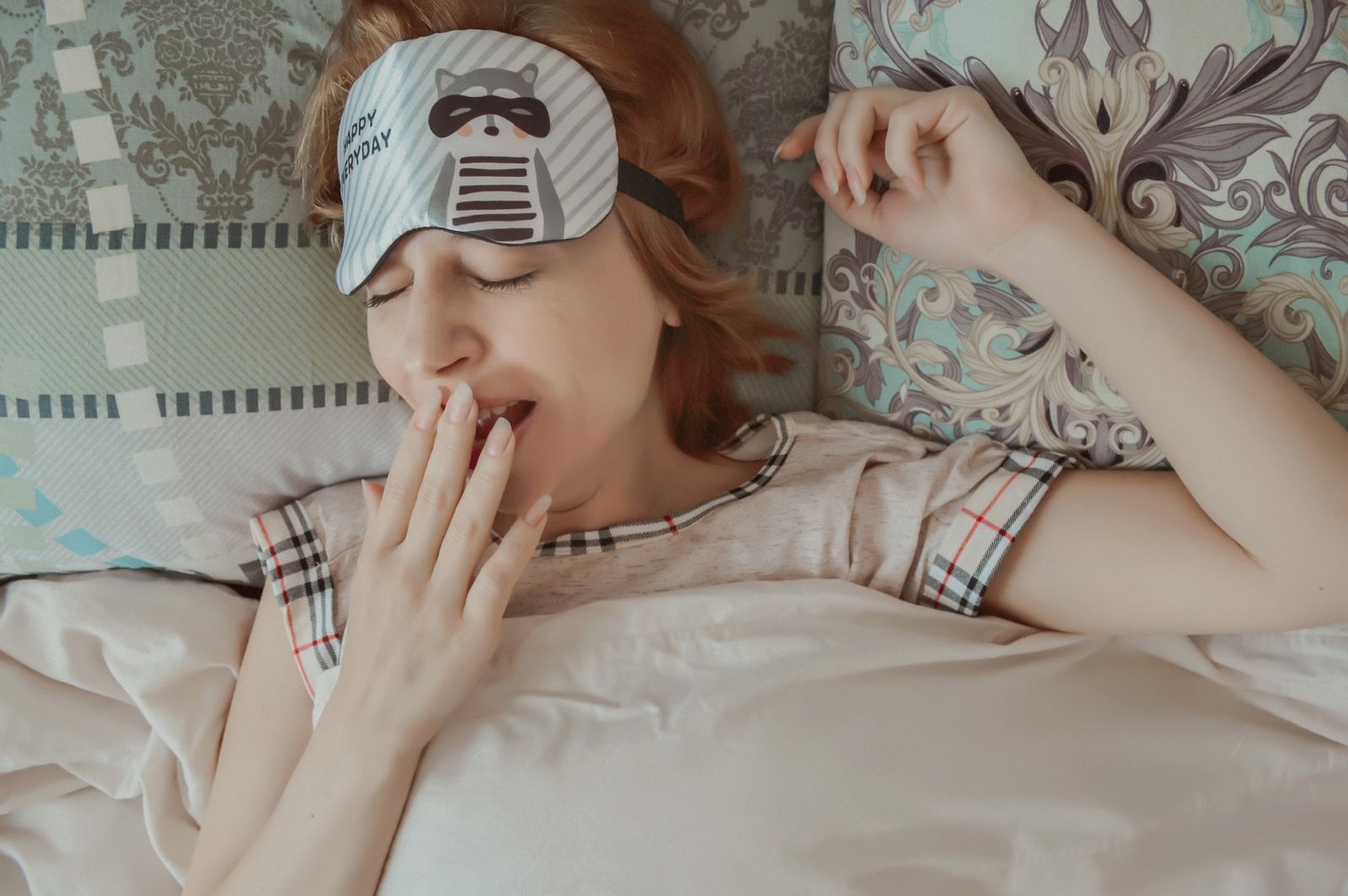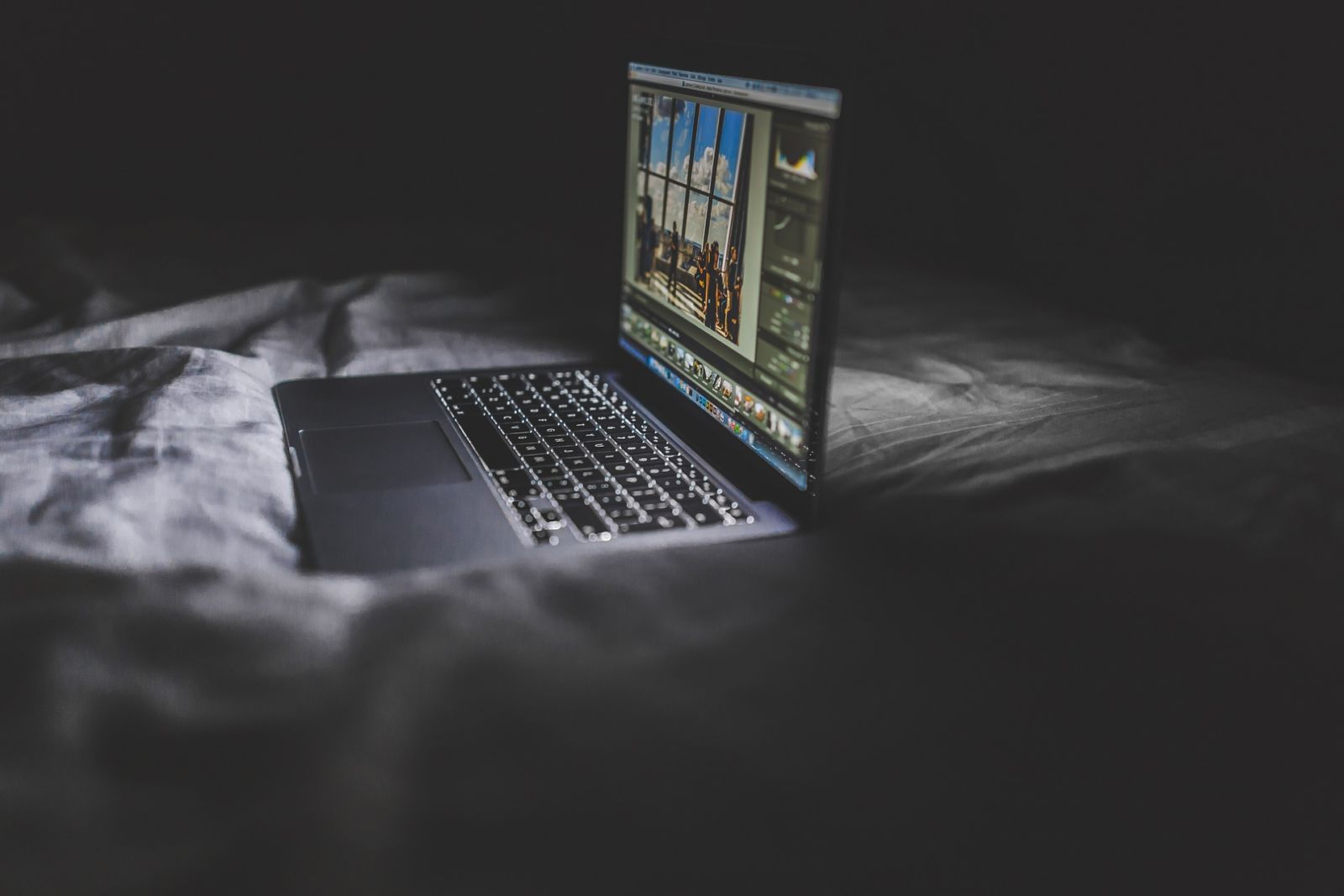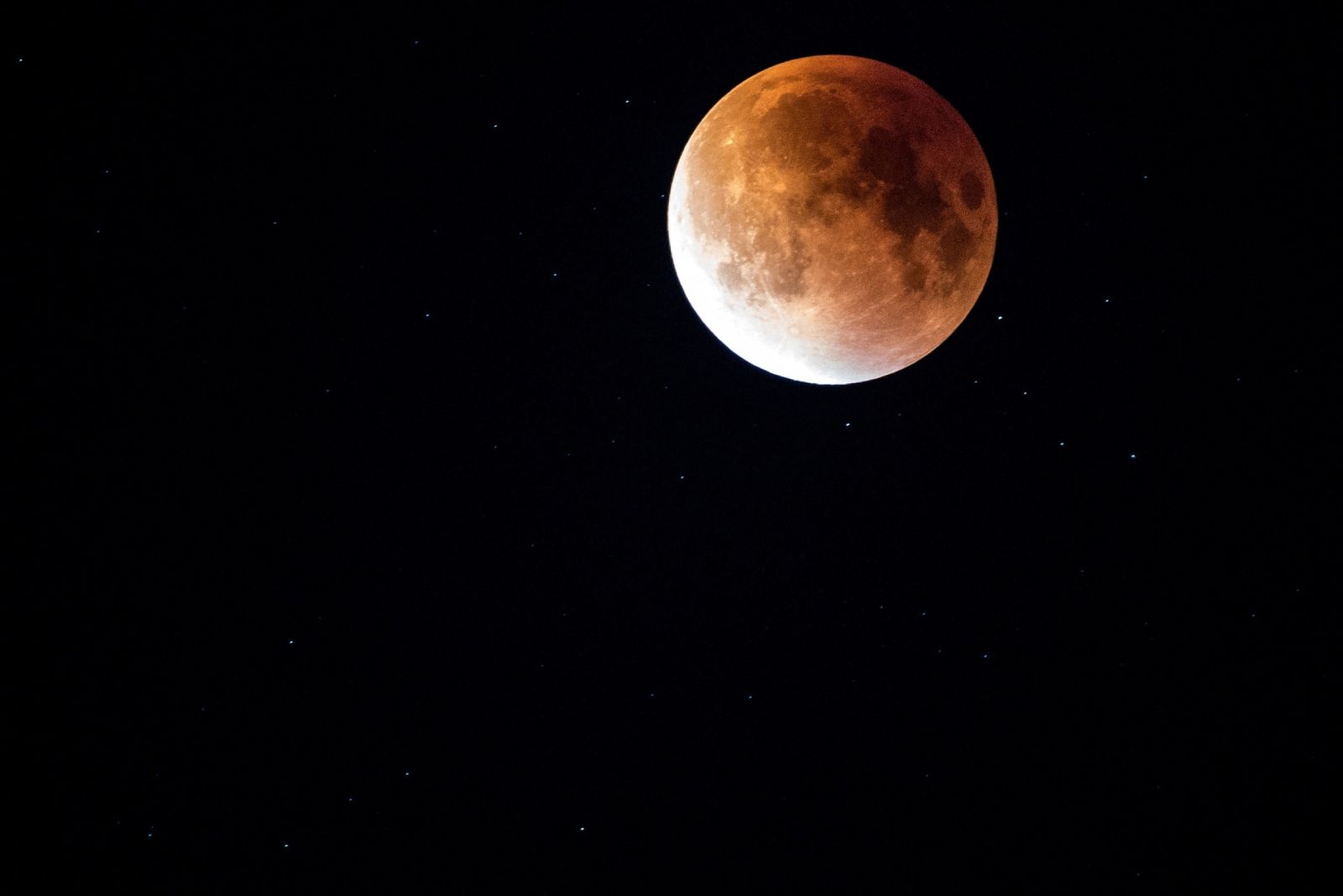This is how to lose weight when you sleep
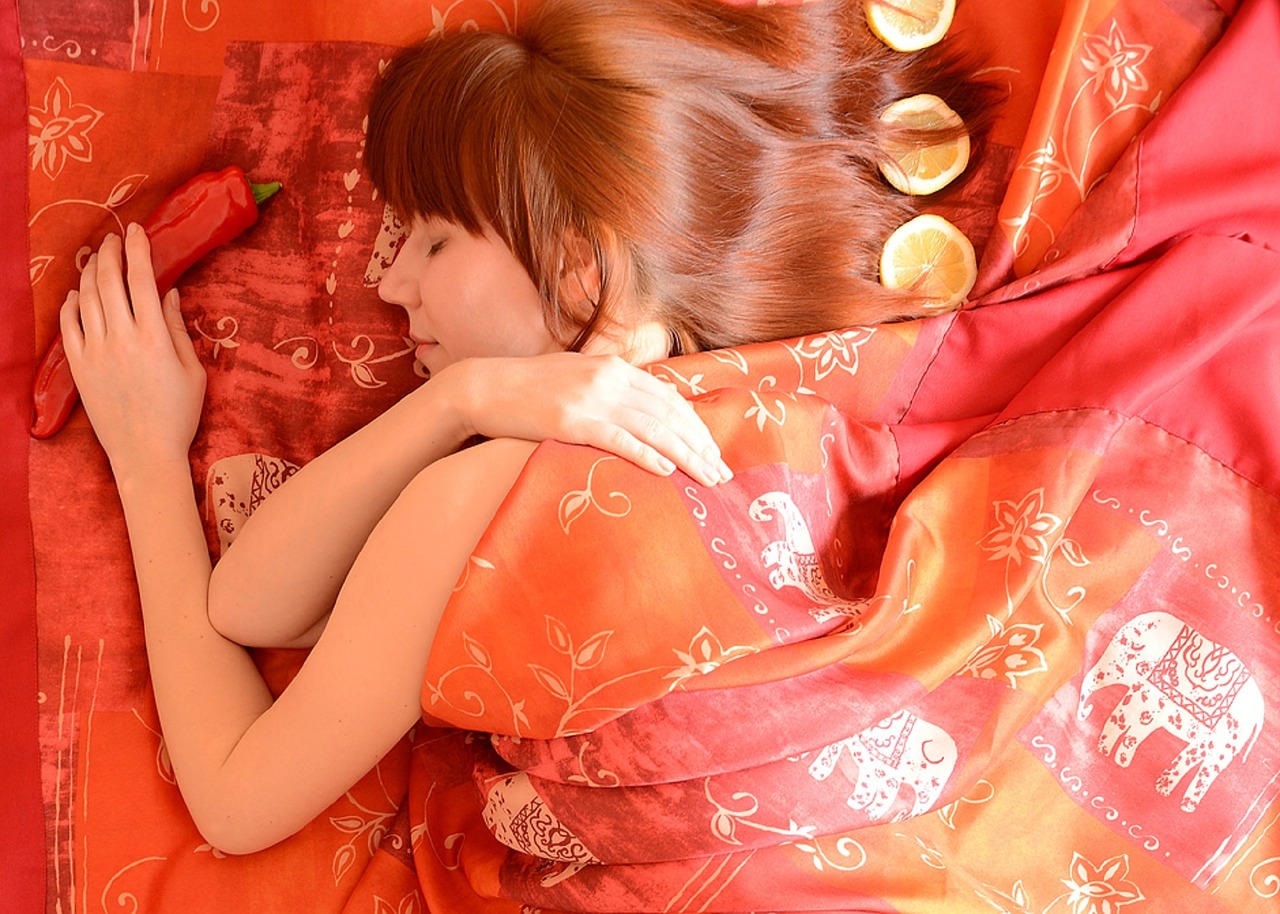
Losing weight while you sleep... It sounds like a fairy tale. Sleeping and losing weight at the same time, that's what everyone wants. But how?
Everyone burns calories when they sleep. OK, the burn rate is slower than during the day, but you still burn calories when you sleep and that's a good thing!
During sleep, you consume (on average) about 56 Kcal per hour ! So if you sleep 8 hours a night, you already burn 448 calories!
If you walk half an hour a day at this, you will consume about 150 Kcal
So, if you walk half an hour a day and sleep 8 hours a night, you already burn almost 600 calories! Can you imagine how fast it goes if you do intense exercise on top of it!
Calories
You may be thinking now: but when you are active you burn more calories. So I'm going to bed later from now on, because the longer I stay active, the more calories I burn!
Unfortunately, this kite doesn't fly! To stay healthy AND lose weight better, your body definitely needs sufficient (night) rest too!
When we sleep, our metabolism continues its work as usual. After all, when we sleep, we also consume energy. We breathe, our brain is still in action, we turn in our sleep, etc. When we sleep, our body recovers from any stress, illness and daytime fatigue. Also, at night, your body balances your hormones. Your whole body is 'reset', so to speak.
Those who sleep well are well rested and thus more active during the day than people who sleep poorly and are therefore tired during the day.
Besides: Those who stay up longer and thus go to bed later, also feel more need to snack or snack in the evening!
If you only go to sleep deep into the night and have eaten something just before, this has probably caused you to take in more calories than your body needs. The excess calories are then not used immediately (because you go to bed) and thus stored as fat.
Hormones
When you sleep few hours a night, it negatively affects two hormones involved in digestion.
- The hormone Ghrelin is secreted in the stomach and triggers appetite.
- The hormone Leptin is produced by fat cells and causes feelings of hunger to decrease after consuming a meal.
When there is a lack of sleep, the balance between the two hormones is disturbed and more Ghrelin is produced by the body than Leptin, increasing cravings and reducing the sense of satiety.
This means that individuals who get more sleep have fewer cravings and are also more likely to be satisfied than those who sleep (too) short.
Possibly this is related to the amount of energy the body needs per day. Someone who sleeps more and is thus well rested needs less (extra) energy than someone who sleeps (too) short and may be tired during the day as a result.
In that case, the body then gets the much-needed energy not from sufficient (night) rest, but from (extra) food!
Night's rest
Between 22:00 and 02:00, the pineal gland in the brain produces the largest amount of melatonin, also known as the sleep hormone or dark hormone. Melatonin is in fact produced when the sun goes down.
This also directly explains why it is harder to fall asleep if you sit at your computer screen or look at your phone late. Blue light is similar to daylight and therefore stagnates the production of melatonin.
When melatonin levels in the blood are high enough, you fall asleep more easily. A regular sleep pattern is important here.
When you go to bed around the same time every night, the pineal gland will also start producing melatonin around the same time every night.
Melatonin not only makes us sleepy, it also stimulates the production of HGH (Human Growth Hormone).
This growth hormone is good for fat burning, muscle growth, bone strengthening, creating new tissue, repairing collagen and strengthening the immune system.
Sleep problems
So to feel and look fit, it is important to exercise enough during the day and get enough sleep at night. Unfortunately, this does not come naturally to everyone; many people suffer from insomnia, also known as insomnia.
Of course, there are remedies available at the drugstore or prescription medication that promote sleep. Nevertheless, there is no better medicine than removing the source that causes insomnia.
Only then will the root of the problem be addressed and symptom control no longer be necessary.
If you have a headache, you can swallow tig paracetamol to ease the pain, but it will not remove the cause.
As long as the cause (possible fluid deficiency, high blood pressure, stress, impaired vision, light sensitivity, etc.) is not removed, the headache (the symptom) will return.
So it is with insomnia. You can take all sorts of remedies to get better sleep but is one reason you don't sleep well. Try - with help if necessary - identify this cause.
Reading tip:
The above text previously appeared in the Balance book. The book is now sold out, but may still be available to order second-hand via the link below.
Slimming blog >HOME

